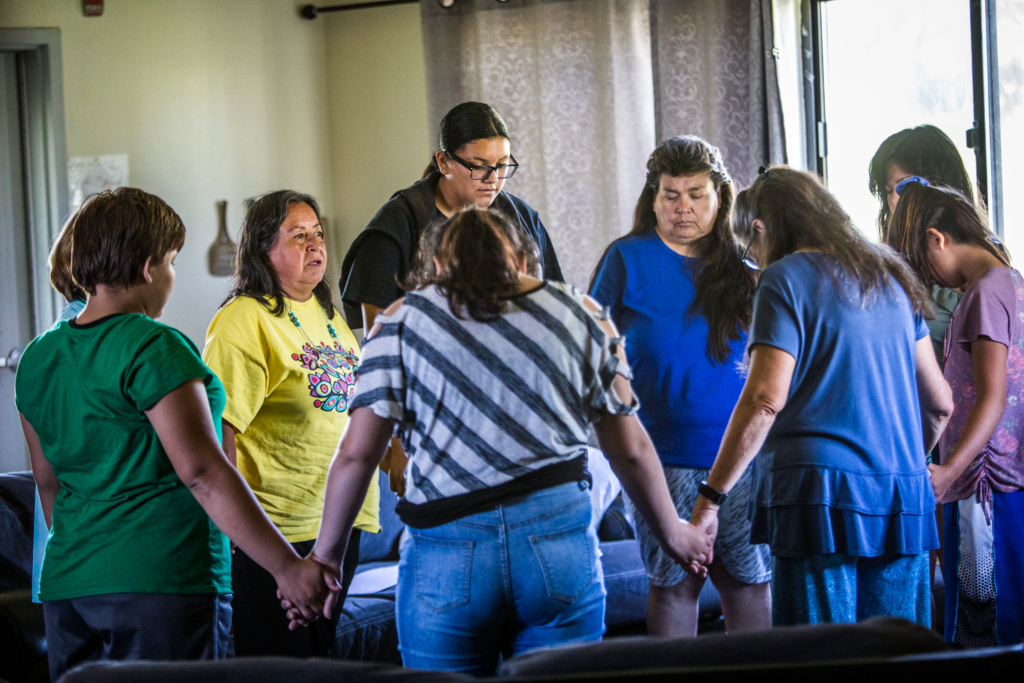
Post traumatic stress disorder signs and symptoms
After a traumatic event, people may experience a range of negative emotions and behaviors. Sadness, irritability, confusion, fear, anger, or stress often accompany difficulty with concentration and sleep. It can be difficult to connect with others. With time, these effects tend to gradually dissipate as we process the trauma.
With Posttraumatic Stress Disorder (PTSD), symptoms worsen over time, often negatively affecting social and occupational roles or responsibilities. PTSD is a mental health disorder that, according to the American Psychiatric Association, affects approximately 3.5 percent of U.S. adults every year. That number is even higher among people living through war, conflicts, famine, or other humanitarian crises.
The signs of PTSD are complex, and though not everyone with PTSD experiences it the same way, there are some common symptoms: anxiety, depression, fear, difficulty concentrating, nightmares, flashbacks, social isolation, and emotional numbing. People with PTSD tend to have intense, disturbing thoughts or feelings related to the event. They can feel estranged from other people and many even feel detached from themselves. Dr. James Gordon—founder and CEO of The Center For Mind-Body Medicine (CMBM)—explains that one of the worst effects of trauma for people. “They feel like there’s no control, everything is out of control, and we can’t do anything to help ourselves.”
Complex Posttraumatic Stress Disorder
In the case of chronic or prolonged traumas, some people develop Complex PTSD, which includes symptoms of PTSD along with disturbances in emotional regulation, self-concept, and relational difficulties. Feelings of guilt, anger, and emptiness combine with an inability to connect with others.
How mind-body medicine helps address PTSD
Mind-body medicine is a powerful and effective way to address PTSD and its symptoms, including an accessible collection of practices that can return control to people suffering from chronic and severe trauma. Some of these techniques include meditation, guided imagery, breathing techniques, autogenic training, biofeedback, genograms, and self-expression through words, drawings, and movement.
In all these cases, mind-body approaches use the conscious mind to directly affect the workings of the brain and the rest of the body. You can use your mind to change how you feel. This is especially effective for the treatment of PTSD, where both physical and psychological symptoms influence and reinforce each other.
Learn more here about how mind-body medicine can be used to address symptoms of PTSD.


